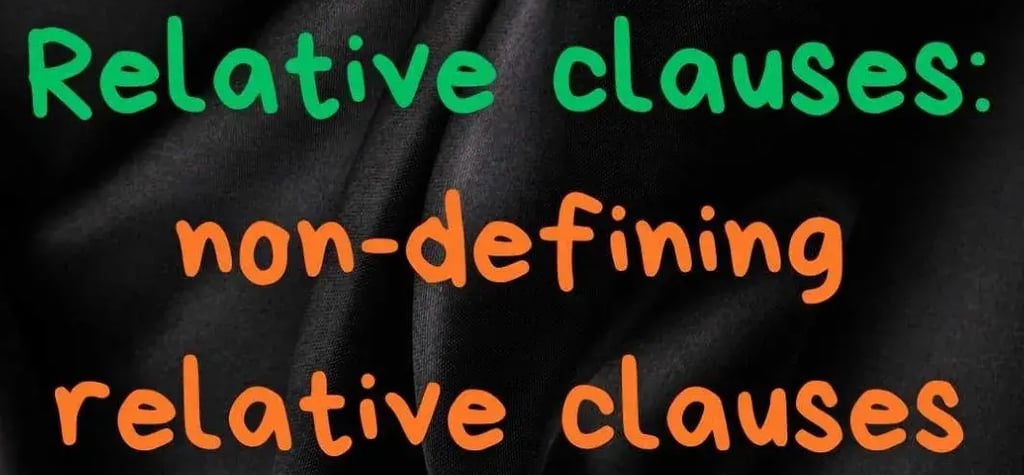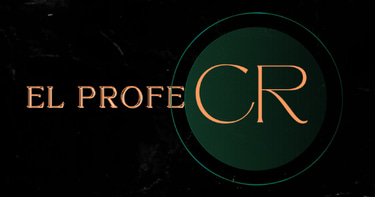
Relative clauses: non-defining relative clauses
B1-B2 GRAMMAR
2 min read


Do you know how to give extra information about someone or something using relative clauses?
Look at these examples to see how non-defining relative clauses are used.
Jack, who's retired now, spends a lot of time with his grandchildren.
We want to see the new Tom Carter film, which was released on Friday.
My sister, whose dog I'm looking after, is visiting a friend in Australia.
Explanation
We use non-defining relative clauses to give extra information about the person or thing. It is not necessary information.
Relative clauses give us information about the person or thing mentioned.
Non-defining relative clauses give us extra information about someone or something. It isn't essential for understanding who or what we are talking about.
My grandfather, who's 87, goes swimming every day.
The house, which was built in 1883, has just been opened to the public.
The award was given to Sara, whose short story impressed the judges.
We always use a relative pronoun or adverb to start a non-defining relative clause: who, which, whose, when or where (but not that). We also use commas to separate the clause from the rest of the sentence.
who, which and whose
We can use who to talk about people, which to talk about things and whose to refer to the person or thing that something belongs to.
Yesterday I met my new boss, who was very nice.
The house, which is very big, is also very cold!
My next-door neighbour, whose children go to school with ours, has just bought a new car.
After the port there is a row of fishermen's houses, whose lights can be seen from across the bay.
Places and times
We can use which with a preposition to talk about places and times. In these cases it's more common to use where or when instead of which and the preposition.
City Park, which we used to go to, has been closed down.
City Park, where we used to go, has been closed down.
December, which Christmas is celebrated in, is a summer month for the southern hemisphere.
December, when Christmas is celebrated, is a summer month for the southern hemisphere.
However, when we use which without a preposition, we can't use where or when.
Centre Park, which we love, is always really busy on Saturdays.
February, which is my favourite month, lasts 29 days this year.
Sobre nosotros
El Profe CR busca ayudar a aquellas personas que deseen desarrollar las habilidades que hoy en día las empresas requieren de cada candidato(a) con y sin experiencia laboral.
©2025 Todos los derechos reservados.
